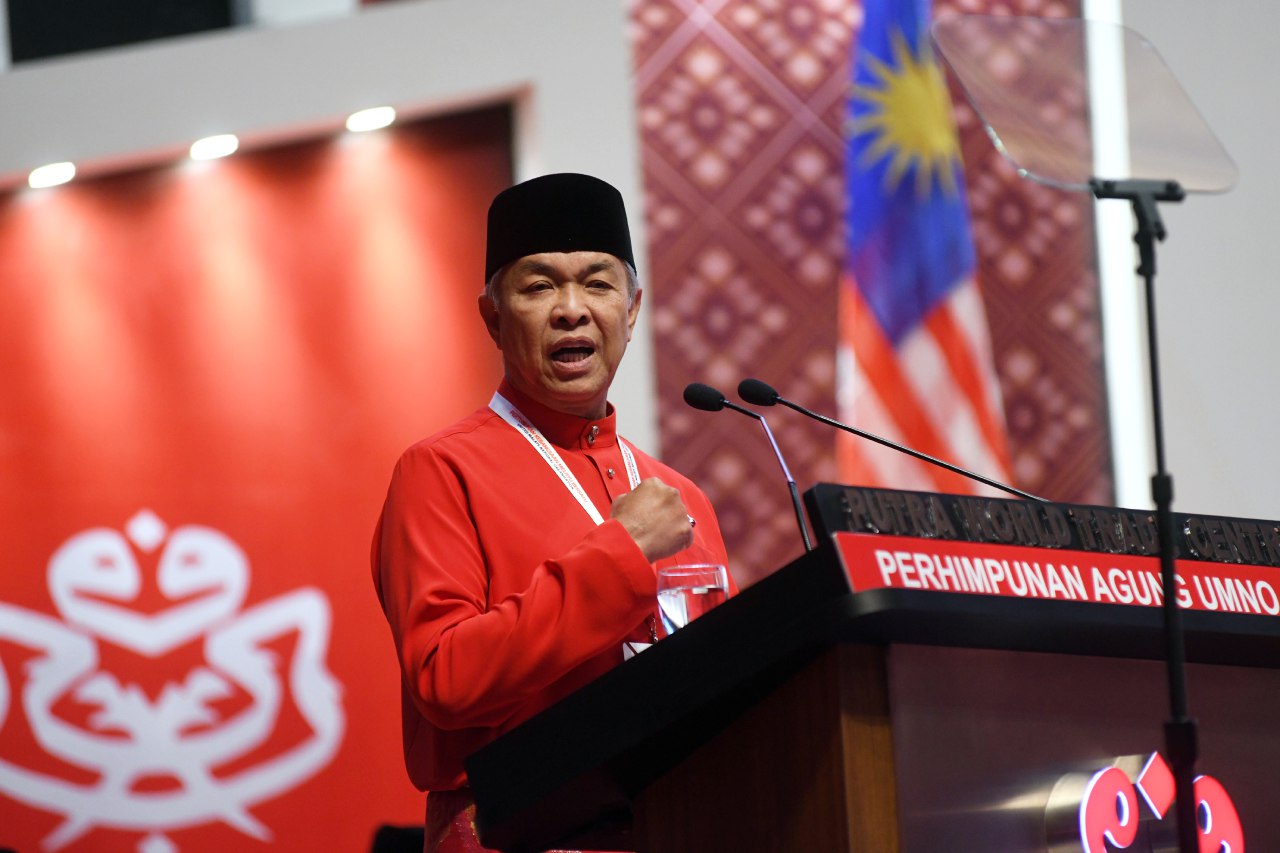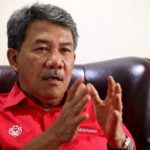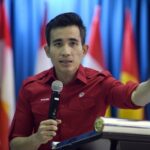KUALA LUMPUR, May 28 – Umno President Datuk Seri Dr Ahmad Zahid Hamidi called on all party leaders, members and supporters to continue subscribing to the basics of struggle in the name of religion, race and country.
He said it had been more than a year since Article 3 of Umno Constitution regarding the basis and way of the party was amended at the 2019 General Assembly. The amendment aims to put Islam at the forefront in its struggle together with race and country as it is clearly envisaged in the party constitution.
“The existence of UMNO as a political party is to maintain the dignity and prestige of the race, religion and country. After the amendments, we have put Islam first and then followed by race and country,” he said in a FB posting.
He said the amendment was not just rhetoric.
“The amendment is a manifestation of Umno’s continued honesty and sincerity in upholding the Islamic syiar in this sovereign country. In is consistent with the position of Islam as the official religion of the Federation and the Umno as the biggest Malay party even after the 14th general election.
He explained the amendment to Article 3 was done with the hope that Umno’s struggle will always be in the overflow of grace, pleasure and blessings of Allah SWT, quoting Verses al-A’raf: 96 reads: “And if the people of a place believe and are pious, then we will open for them blessings from heaven and earth,”
Ahmad Zahid wo is Member of Parliament for Bagan Datuk said only with sincerity will Allah help reduce the obstacles.
However, he said the amendment does not mean Umno sidelines other race and religions.
“Clause 3.3 of the UMNO Constitution clearly states that Umno upholds, stands up, defends and develops Islam, the official religion of the country and respects the right and freedom of other religions.
“It supports the principles of the Federal Constitution as long as it defends the interests of the Malay Rulers, the Malays, Bumiputeras of Sabah and the Orang Asli and other matters as required by Article 153 of the Constitution, Principles of Social Contract and Legal Body of States in Malaysia.”







